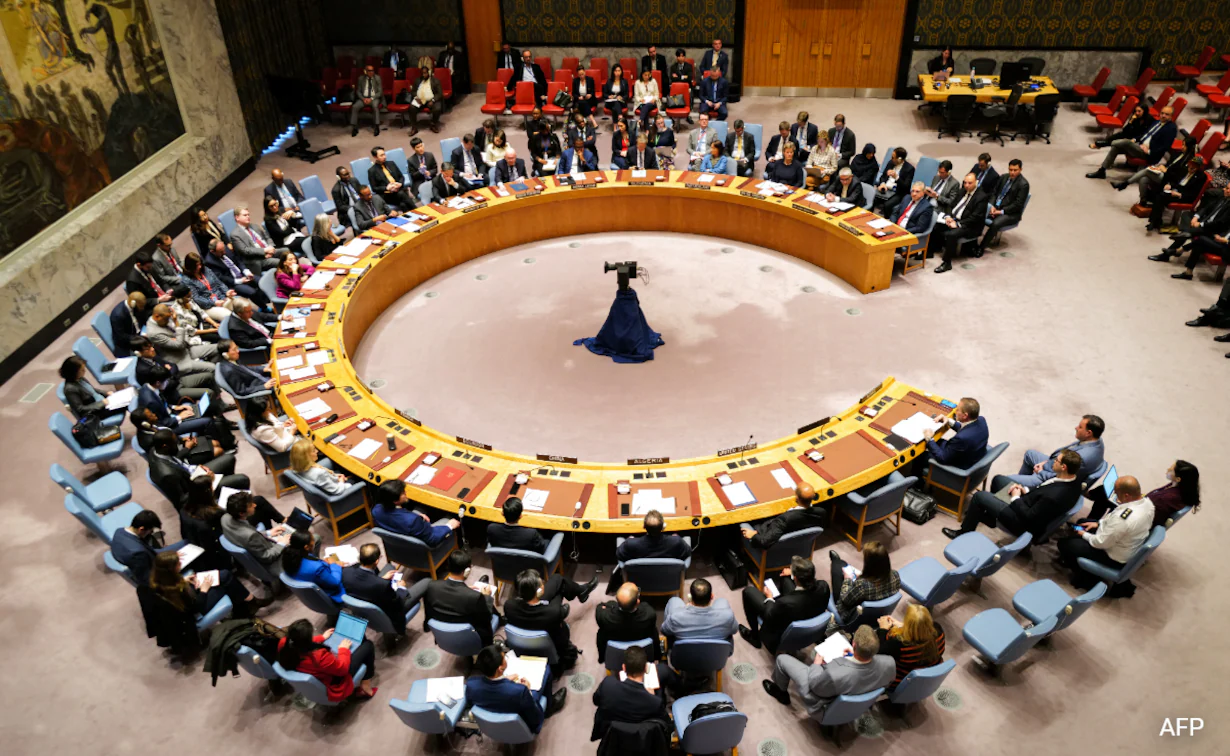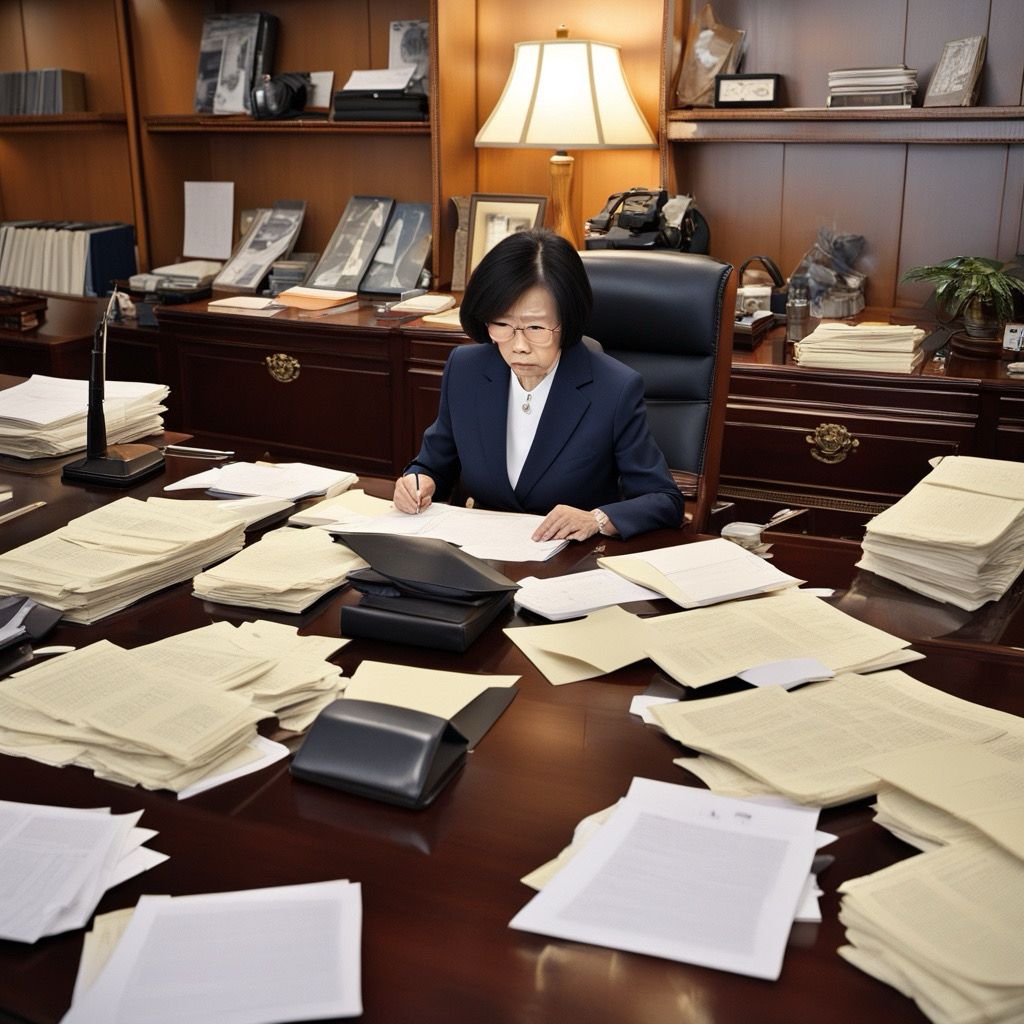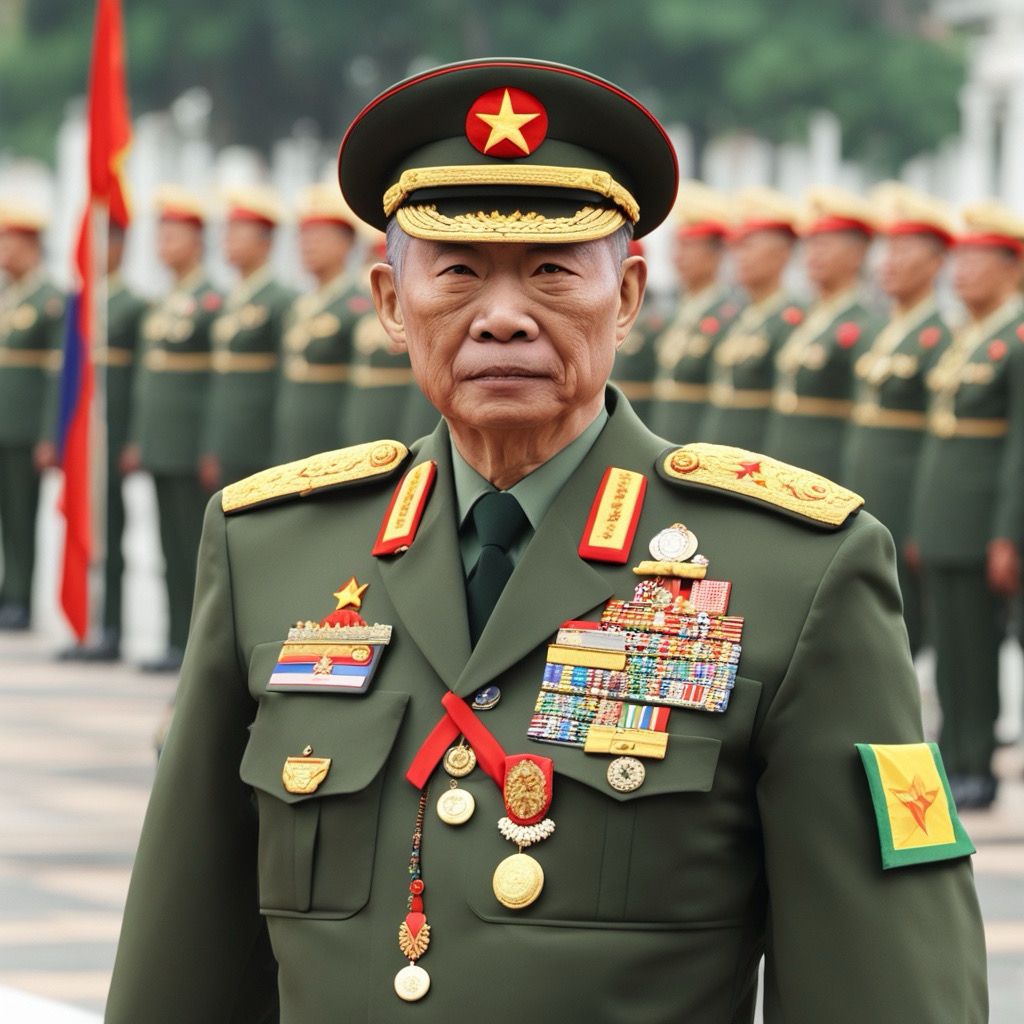Published: 2 weeks ago

World Affairs
Summary
As Prime Minister Narendra Modi gears up for his visit to Singapore later this month, a call for change has emerged regarding the United Nations Security Council (UNSC). Kishore Mahbubani, former Singaporean diplomat and respected scholar, has made a compelling argument: it’s time for urgent reforms in the UNSC, and India deserves a permanent seat at table.
Article
Mahbubani has even suggested that the United Kingdom should step aside and give up its seat to India. This idea isn't just bold; it's a necessary shift in the global order that reflects today's realities.
Why India Deserves a Permanent Seat?
In a recent interview with NDTV, Mahbubani said, “India is undeniably the third-most powerful country in the world today, after the United States and China. Meanwhile, Great Britain is no longer ‘great.’” This statement cuts right to the heart of the matter. India, with its vast population, growing economy, and strong democratic values, is already a major player on the world stage. It's a country that continuously steps up when global challenges arise, from peacekeeping missions to climate action. Yet, India remains outside the exclusive club of permanent members at the UNSC. This is not just an oversight; it’s an injustice.
India has often pointed out that the current UNSC setup, with its five permanent members (the U.S., Russia, China, France, and the UK), is stuck in the past. These countries were granted permanent seats after World War II, a decision based on who won that war. But that was nearly 80 years ago. The world has changed, and so should the UNSC
Why the UK Should Make Way for India?
Mahbubani's argument for the UK to relinquish its seat is grounded in logic. He points out that the UK hasn't used its veto power at the UNSC for decades, largely out of fear of global backlash. “The logical step for the UK is to cede its seat to India,” he said. This isn't about diminishing the UK's role but recognizing the reality that India’s importance on the world stage has grown tremendously.
India is the world's largest democracy, the fifth-largest economy, and a nuclear power. It actively engages in global discussions, offers leadership in groups like the G20, and plays a significant role in international peacekeeping. India’s permanent membership in the UNSC would make the Council more balanced, fair, and representative of the current world order.
The Bigger Picture: Why We Need UN Reforms?
Mahbubani’s call isn’t just about India; it’s about making the UN more effective and relevant. The UN was designed to bring together the major powers of the time, ensuring they had a stake in keeping the world peaceful. But today’s UNSC still reflects a world that no longer exists. Mahbubani notes, “The founders of the UN learned from the early 20th-century collapse of the League of Nations that if a great power leaves, the organisation falls apart.” They built a system to include the powers of their time, but they did not create a way to update it for the future.
Right now, the UNSC is like an old, outdated machine that needs a serious upgrade. It doesn’t make sense for the Council to still be dominated by the same five countries while ignoring emerging powers like India. It’s time to bring new voices to the table—voices that better represent the world's current dynamics.
India: A Voice for Fairness and Change !
If the UK were to step aside, it could actually benefit from more freedom to pursue its interests on the global stage without the constraints of permanent UNSC membership. At the same time, bringing India into the fold as a permanent member would bring fresh perspectives and much-needed balance to the Council. As a leader from the Global South, India could help bridge the gap between developed and developing countries, making the UNSC more inclusive and just.
Reforming the UNSC by adding India would also give the Council a boost in legitimacy. With India's inclusion, the UNSC would be better equipped to handle today’s complex global challenges—whether it’s climate change, pandemics, or conflicts that threaten world peace.
Conclusion!
Mahbubani’s call for UNSC reform and India’s rightful place as a permanent member is not just an idea; it’s a demand for fairness. It reflects the reality that the world has changed dramatically since 1945, and the UNSC must evolve to stay relevant. The UK stepping down to make way for India would be a bold move, but it would also be the right one—a step towards a more balanced and equitable global order.
As Prime Minister Modi’s visit to Singapore draws near, the world should take a moment to reflect on this call for change. It's time to recognize India’s rightful place on the world stage and ensure the UNSC truly represents today’s global community. Only then can we hope for a future where international cooperation is grounded in justice, fairness, and a genuine reflection of the world’s realities.
Opinion
This article does not have any attachments.
No Access
Share access to start recording your opinion













